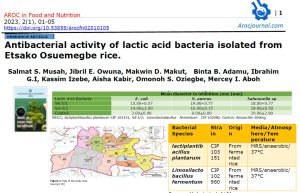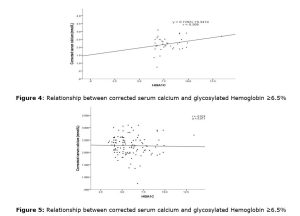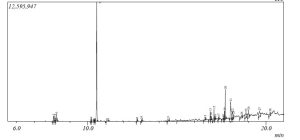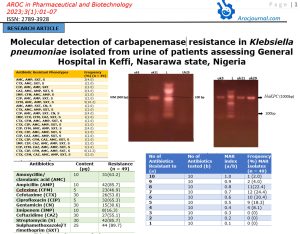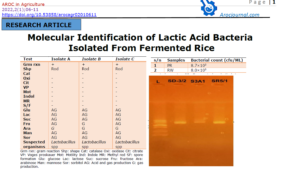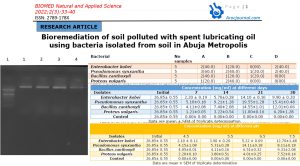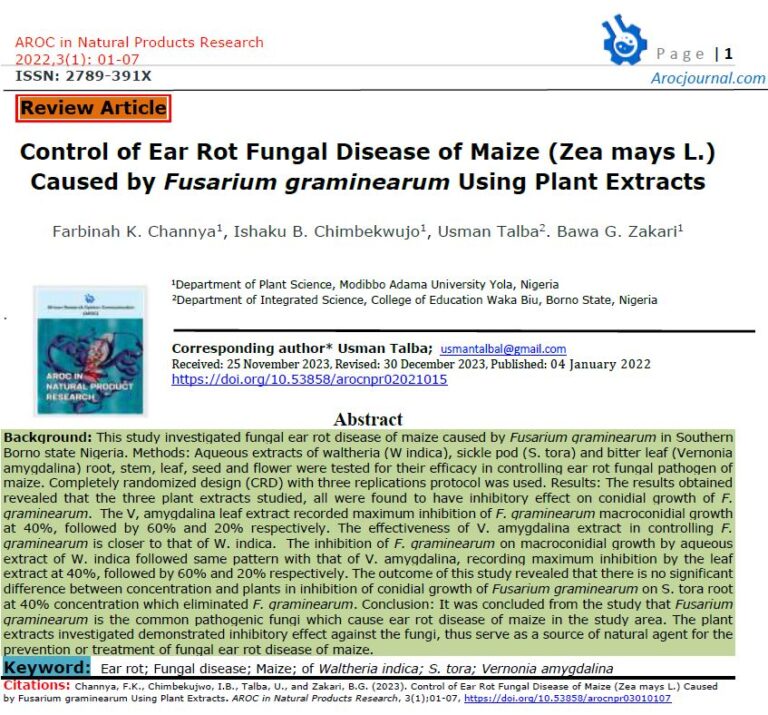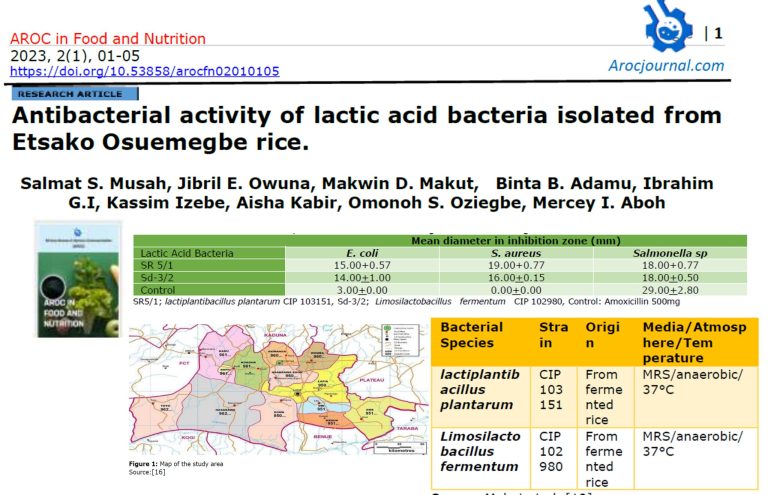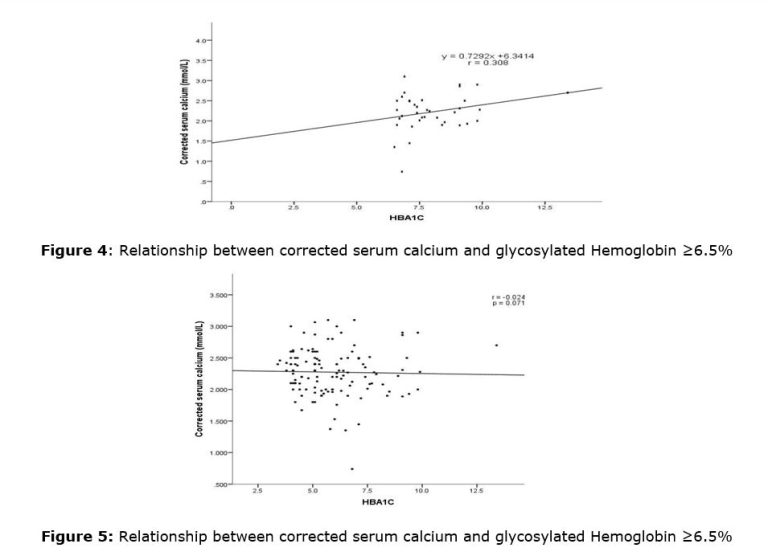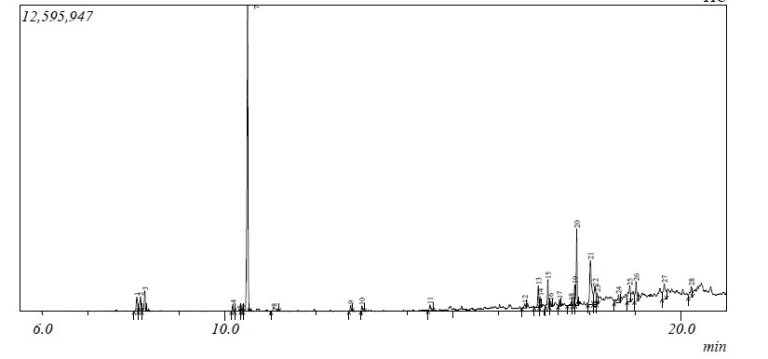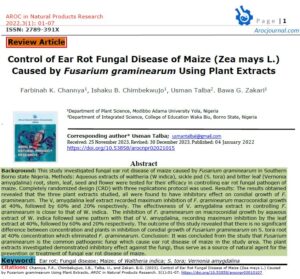
Nutritional Management of Diabetes Mellitus: An appraisal of the role of Medicinal plants
ROC in Natural Product Research, 2021, 01(01),1–027
- Author(s): Dauda Muhammed, Yetunde H. Adebiyi, Bernard O. Odey, Jonathan Ibrahim, Opeyemi N. Hassan, Peter I Ugwunnaji, Eustace B. Berinyuy*
- March 29, 2021
- Keywords - Diabetes mellitus, Nutritional management, Medicinal plant, hyperglycemia
Abstract
Diabetes mellitus is a heterogeneous metabolic syndrome characterized by chronic hyperglycemia with partial or total lack of insulin secretion and insulin resistance. The most common symptoms are polydipsia, polyuria, blurred vision, slow healing sore, nerve damage. Diabetes, being a metabolic, endocrine disorder is directly connected to carbohydrates, lipid, and protein metabolism. As a result, nutrition therapy forms an integral part of diabetes management. Daily caloric intake of 50% – 55% carbohydrates is recommended. Carbohydrate with low glycemic index is preferred to those with high glycemic index. Nonnutritive sweeteners are also encouraged for people with diabetes to add increased variety to their food choices. The protein requirement for persons with diabetes is not different from the general population, 15-20 % of total caloric intake. Both soluble and insoluble fibers are encouraged in amounts similar to the recommendations for the general population (20–35 g). Fibers are useful as they prolong gastric emptying, prevent constipation, lower serum cholesterol level, and reduce nutrients diffusion rates, thus reducing blood glucose response. A low-fat diet is advisable for diabetics in order to reach and maintain good weight and health. As part of a healthy diet, 30% of daily calories should come from fats, and of these less than 10% should be saturated fat, less than 10% polyunsaturated fat, and 10-15% monounsaturated fat. As the general population, people with diabetes have no need for vitamin and mineral supplementation when the dietary intake is adequate. Despite much research on nutritional factors in the etiology and management of diabetes, the risk associated with several individual nutrients is not entirely clear. In order to achieve maximum benefit from nutritional interventions in the management of diabetes changes in government policies and legislation will be needed in addition to individual and community-based programs.
Corresponding Author(s)
The Corresponding Author*
Dr. Eustace B. Berinyuy
Faculty of Medicine and Biomedical Science,
University of Yaoundé 1, Yaounde, Cameroon
Citations
Muhammed D, Adebiyi YH, Odey BO, Ibrahim J, HassanON, Ugwunnaji PI, and Berinyuy E.B. (2021). Nutritional Management
of Diabetes Mellitus: An appraisal of the role of Medicinal plants. AROC in Natural Product Research. 01(01), 001–027


